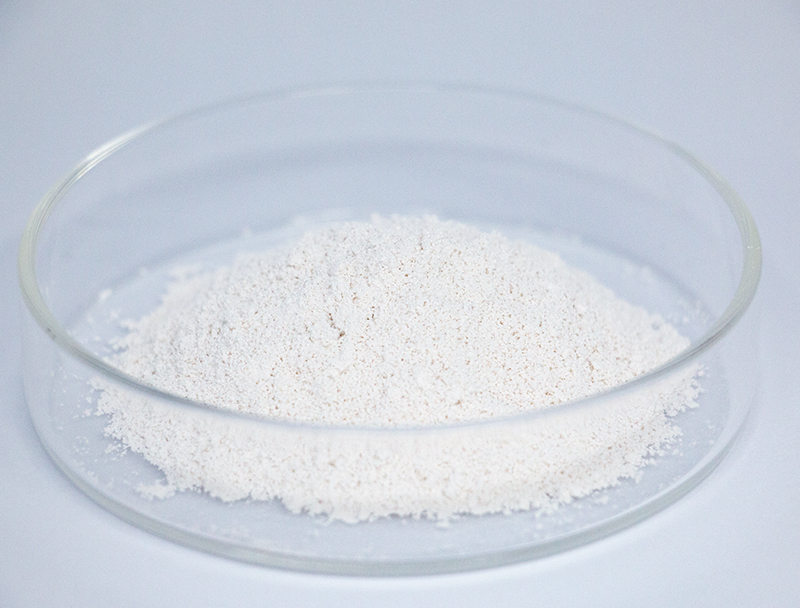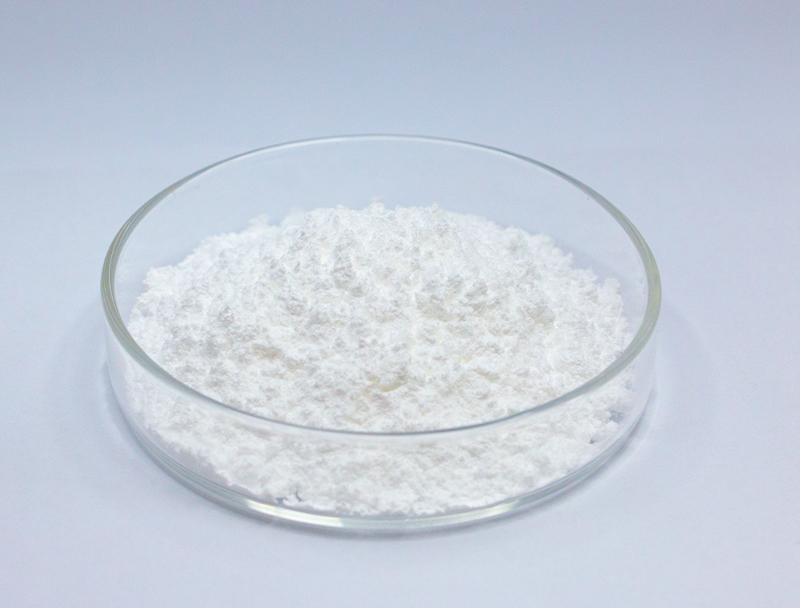
Industrial biosynthesis counts extensively on a substantial range of raw materials to manufacture advanced biological products.
Securing responsible procurement of such inputs is indispensable to sustainable success and conscientious scaling.
numerous problems stemming from established sourcing methods such as ecological damage and resource depletion. Accordingly, companies are required to implement regenerative sourcing methods to mitigate footprints.
- Cases of responsible feedstock strategies feature:
- Utilizing renewable feedstocks derived from agricultural byproducts
- Installing reclamation workflows to diminish waste and heighten recovery
- Collaborating with regional vendors focused on fair procurement
Shifting to ethical sourcing drives environmental value and long-term commercial viability.
Advancing Biomass Preparation for Elevated Biofuel Production
Optimizing biofuel yields depends strongly on feedstock quality and makeup. Engineers continually develop approaches to improve biomass suitability, leading to higher yields of biofuels and a more sustainable energy future. Programs combine genetic improvement for biomass productivity with conversion technologies to access fermentable substrates.
- In addition, projects pursue feedstocks like algae, waste fractions, and harvested residues to enlarge the selection of eco-friendly biomass for bioenergy.
- Because of continual endeavors biofuel technology is set to attain meaningful progress that supports renewable energy growth.
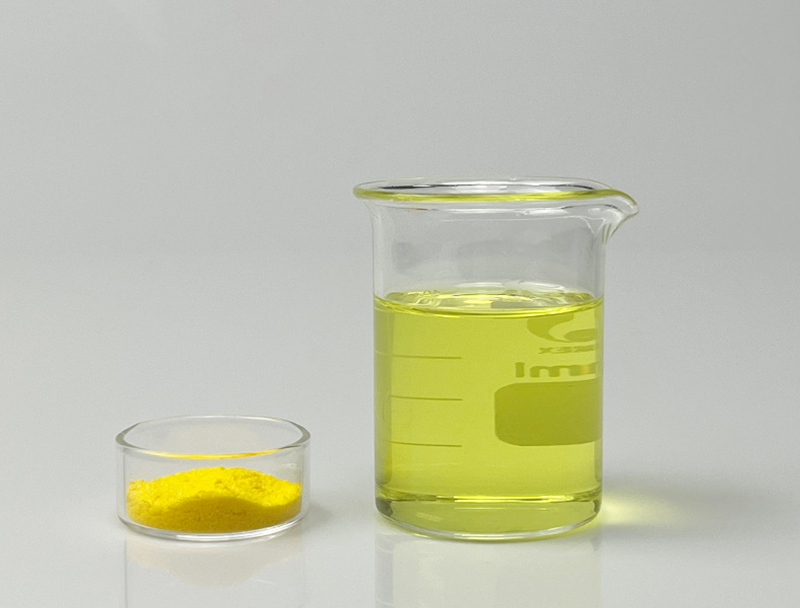
Upstream Process Improvements for Modern Biopharma Production
comprises front-end procedures like culture expansion and cell retrieval Recent progress has advanced techniques that maximize productivity and increase output.
Significant developments incorporate advanced biological platforms, tailored medium blends, and precision reactor engineering. These advances improve throughput while lowering both operational expenses and ecological footprints.
- Furthermore, there is a growing trend towards continuous processing in upstream processing, allowing for increased flexibility over the production process.
- Transitioning to refined production methods has the potential to overhaul the industry and expedite new treatments.
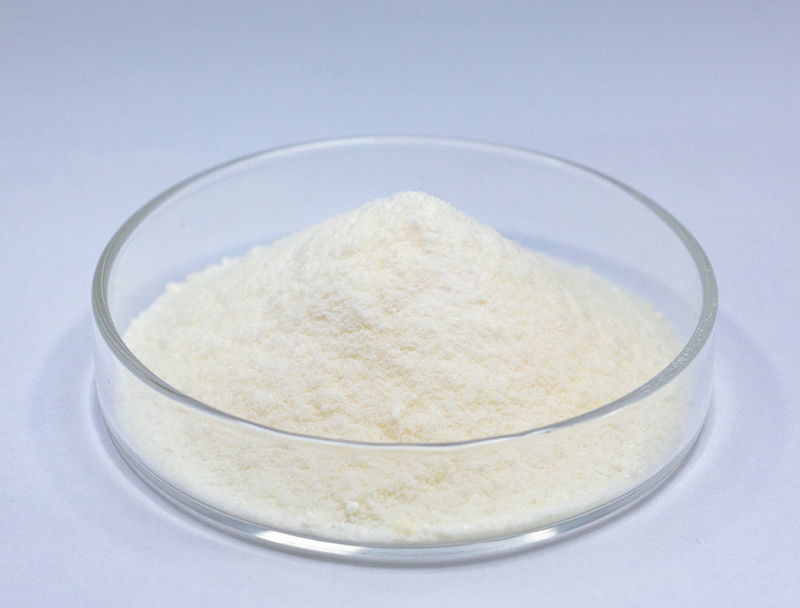
Innovations in Gene Editing for Improved Biopharmaceutical Yield
developments in targeted genetic engineering methodologies have modernized drug manufacturing. With exact genomic alterations, researchers improve host productivity for therapeutic manufacture. The approach may facilitate scalable, low-cost therapeutic production for numerous diseases.
Harnessing Microbial Biotechnology for Sustainable Bioremediation
forward-looking microbial interventions for environmentally friendly decontamination. Certain microbes have capacities to biotransform contaminants into nonharmful forms.. By harnessing this natural potential, we can develop environmentally friendly strategies for cleaning up contaminated sites and mitigating the negative impacts of industrial activities.. Analysts explore microbial consortia for targeted removal of metal toxins, pesticide residues, and petroleum contaminants.. These microorganisms can be employed in bioreactors or directly at contaminated sites, promoting the breakdown of pollutants through biodegradation processes..
Microbial-based approaches to remediation bring considerable advantages over traditional solutions. Microbial remediation can cut expenses and limit harmful secondary emissions. Moreover, microbes can be tailored to address specific pollutants with minimal impact on non-target organisms. Research efforts persist to upgrade the potency and implementation of microbial remediation strategies.
Digital Methods Accelerating Pharmaceutical Discovery
Data-driven bioinformatics is critical for modern pharmaceutical innovation. From predictive screening to lead refinement, computational biology underpins more efficient drug pipelines.
- By parsing huge omics and clinical databases, bioinformaticians detect targets and estimate therapeutic responses.
- Similarly, modeling drug–target interactions streamlines design of compounds with better efficacy and selectivity.
- In summary, bioinformatics overhauls pharmaceutical R&D and quickens the path to safe therapeutics for patients.
Pathway Engineering for Greater Bioproduct Yields
integrates multiple methods to augment cellular production of target bioproducts. Techniques span CRISPR-mediated edits to reshape pathways, synthetic control elements to fine-tune expression, and gene imports to grant new biosynthetic abilities.. By calibrating pathway dynamics and expression levels teams can greatly amplify bioproduct yields.
Such holistic engineering could impact many areas including medical therapeutics, agricultural outputs, and biofuel production.

Industrializing Biopharmaceuticals: Risks and Rewards
Transitioning to higher volumes entails serious complications and potential rewards. Keeping consistent product performance at elevated volumes is a significant challenge. Solving it involves resilient control frameworks, high-resolution monitoring, and modern analytical tools.
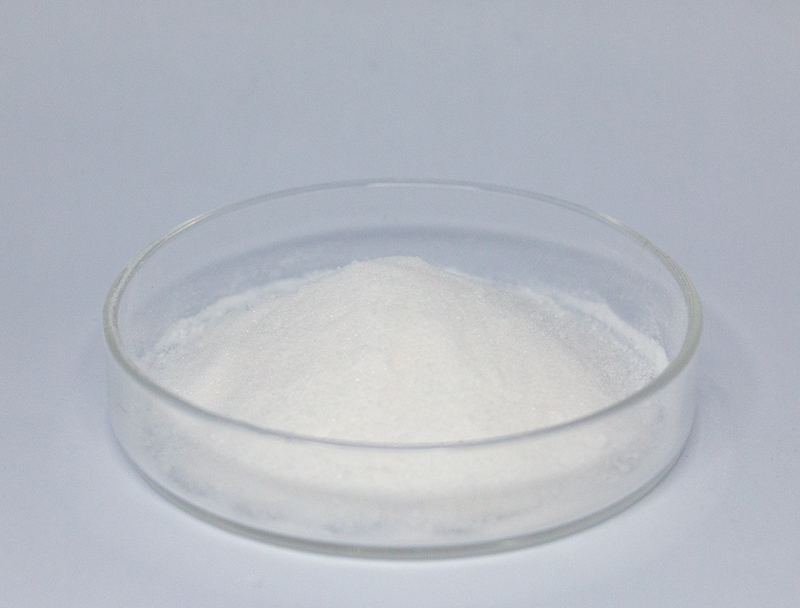
Another concern is that bioprocessing workflows are inherently complex and multi-staged.. Translating lab methods into scalable operations needs heavy research and technology breakthroughs.. Nonetheless, the advantages can be major. Proper scaling can increase therapy supply, reduce expenses, and elevate profitability.
Various efforts target the core issues of industrialization. They encompass new process-improvement tools, in-line analytics for continuous oversight, and creative manufacturing approaches.
- R&D initiatives significantly drive enhancements in manufacturing capacity.
- Government agencies are streamlining review procedures to permit quicker uptake of new production technologies and foster innovation.
Exploring Approval Frameworks for Biopharmaceutical Safety and Effectiveness
Bringing biologics to market involves rigorous regulation designed to protect patients and confirm therapeutic benefit. Biologic therapeutics bring unique regulatory and manufacturing demands unlike traditional pharmaceuticals.
Regulators such as the FDA and EMA define authorization pathways and quality standards for 5-Aminolevulinic acid new biologic medicines..
Rigorous testing protocols are mandatory throughout the development lifecycle, from pre-clinical research to post-market surveillance.. Such safeguards are intended to detect hazards and ensure therapeutics adhere to top-tier safety benchmarks..
Additionally, regulators regularly update methods to match the pace of fast-moving biopharma innovations.. Actions include accepting new technologies and streamlining development channels while safeguarding patient health.

Evaluating Plant Biomass for Bioplastic Production
The expanding market for green materials prompts increased R&D into bio-based solutions. Bioplastics derived from plant biomass provide a viable route to more sustainable plastic alternatives. Organic feedstocks like cornstarch, cellulose, and sugarcane can be converted to compostable polymers that shrink the environmental footprint of plastics.
Furthermore, these bioplastics often possess comparable properties to their petroleum-based counterparts, making them suitable for a wide range of applications.. Continued research and innovation in this field are crucial to unlocking the full potential of plant-based biomass feedstocks in the manufacture of sustainable bioplastics, paving the way for a circular economy.
This Emerging Impact on Public Health and Food Systems
Advanced biotech approaches can reshape healthcare delivery and enhance agricultural resilience. By harnessing genetic engineering, synthetic biology constructs, and advanced cell therapies, technologists deliver capabilities to reduce disease burden, raise crop outputs, and increase food value. To illustrate, modified plants designed for pest resilience and environmental tolerance can raise outputs and reduce pesticide application.. Concurrently, biotechnology drives development of immunotherapies, antibiotics, and diagnostics that play a key role in controlling diseases and improving health metrics. With persistent development, biotech stands to offer transformative solutions for global health and long-term food security.
